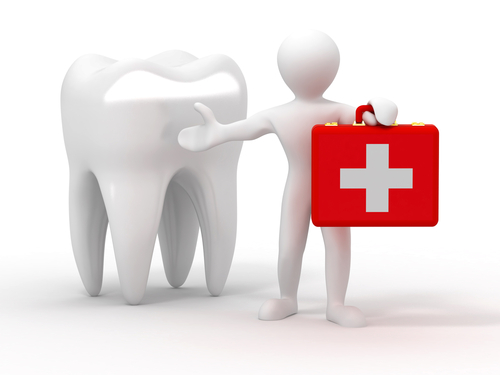 Dry mouth is that dry, cottony feeling you get when your salivary glands don’t produce properly. Saliva is important to digestion and lubrication of oral structures. It also contains enzymes, electrolytes, anti-bacterial compounds, and mucus. Without the proper amount of saliva, you might experience bad breath, tooth decay, gum disease, trouble eating and talking, and general discomfort in your mouth.
Dry mouth is that dry, cottony feeling you get when your salivary glands don’t produce properly. Saliva is important to digestion and lubrication of oral structures. It also contains enzymes, electrolytes, anti-bacterial compounds, and mucus. Without the proper amount of saliva, you might experience bad breath, tooth decay, gum disease, trouble eating and talking, and general discomfort in your mouth.
Often, people with dry mouth feel excessively thirsty, their saliva seems thick, and their mouths feel sticky. Dry mouth can contribute to a hoarse voice, scratchy or burning tongue, chapped lips, thrush (oral yeast infection), mouth sores, or dryness in the nose.
So what causes this irritating condition? Factors that may affect dry mouth include:
- Smoking or chewing tobacco
- Drinking too little liquid
- Drinking alcohol or caffeine
- Mouth breathing
- Anxiety and stress
- Using one of over 1,000 over-the-counter medications
- Taking 3 or more prescription drugs
- Medical Conditions: HIV/AIDS, anemia, rheumatoid arthritis, cystic fibrosis, Sjorgren’s Syndrome, diabetes, mumps, stroke, and others
- Radiation and chemotherapy
- Trauma to the mouth or throat
If you’re struggling with dry mouth, tell Dr. Pate at your next appointment. He’ll help you find the factors contributing to your condition, and then he can recommend ways to alleviate the problem.




